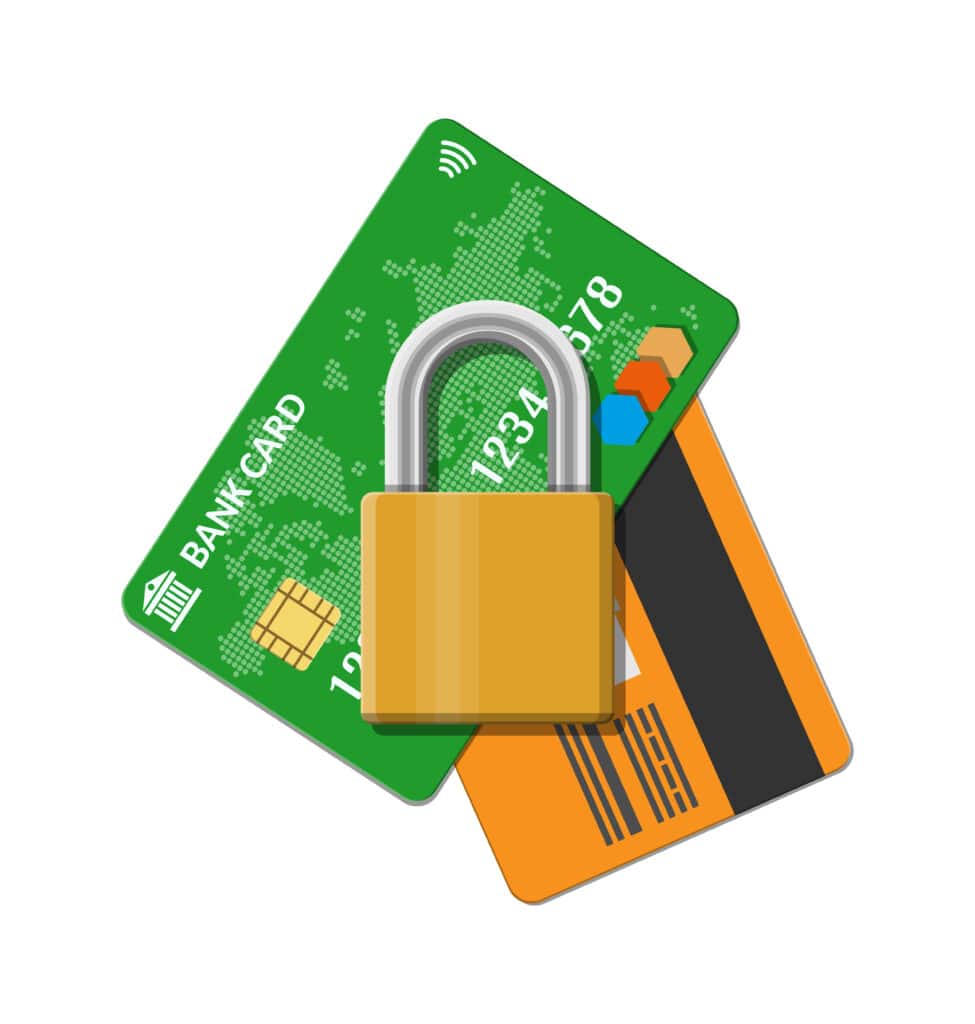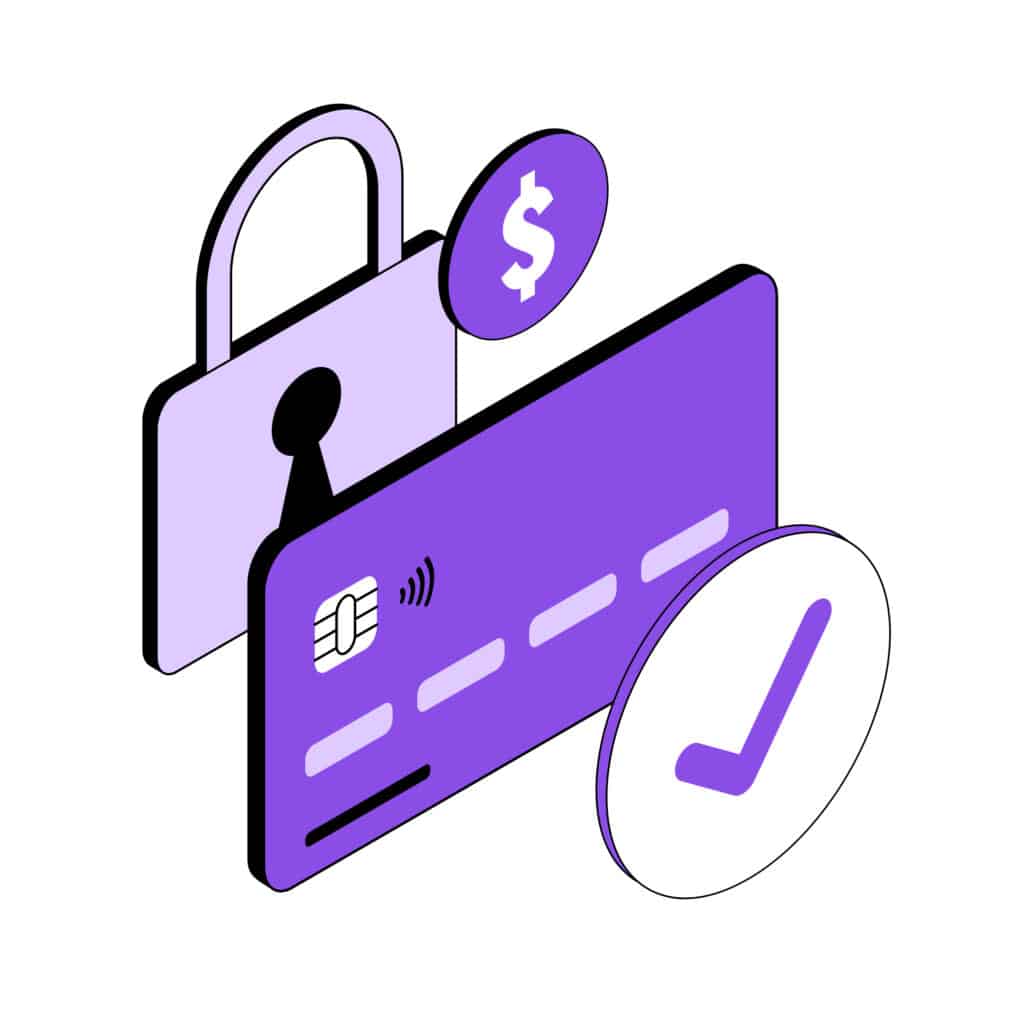Navigating the intricate world of online transactions can feel like walking through a maze blindfolded. Yet, one term often surfaces as a beacon of reassurance – PCI-compliant. If you’ve ever wondered about the significance of PCI Compliance, you’re in good company and this article will be your guide.
Understanding PCI Compliance
Understanding PCI compliance may seem complex, but it’s essential for all businesses. This process sets a worldwide standard for card payments, providing high-level security to safeguard business and customer information from possible risks.

Navigating through sometimes ambiguous plethora of PCI guidelines can feel like circumventing an enormous labyrinth – overwhelming & perplexing. If you look past the immediate, you’ll see that PCI compliance isn’t just about completing a checklist. It’s about building trust with your customers. By staying compliant, you’re saying something important – we value your trust and put your security first. This attitude can be a key part of building a lasting, beneficial relationship with customers. This relationship goes beyond just sales and helps build brand loyalty, something every business should aim for.
Defining PCI-DSS Standards
Diving into the realm of data security, PCI-DSS standards represent a crucial aspect. These are comprehensive guidelines that businesses are required to follow if they process any form of card payments to safeguard customers’ sensitive information. Ignoring these standards could result in an immense financial fallout and damage to corporate reputation.
However, understanding PCI-DSS is not as intimidating as it seems. This is mainly about protecting credit card information, making sure control measures are strong, securing network systems, safeguarding this data on public networks, and staying alert to system breaches. Simply put, it’s about carefully managing someone else’s money – a priority for all businesses, big or small, in any industry.
Importance of PCI Compliance
Imagine operating a business without a secure, locked door. That’s akin to running an online venture without PCI compliance in today’s digital world. The Payment Card Industry Data Security Standard (PCI DSS) is undeniably important as it serves as your enterprise’s first line of defense against data breaches and cyber threats.
Are we overstating its significance? An emphatic ‘No.’ With e-commerce taking the center-stage in business transactions, safeguarding customer credit card information is not just ethical but also pivotal to maintain client trust and loyalty. What’s more, adhering to PCI standards increases your reputation significantly among other businesses, further bolstering your bottom-line! The stakes are high yet the remedy simple- stay updated with PCI compliance, because prevention always beats cure.
Implementing PCI Compliance: Step-by-step guide
Initiating your path towards PCI Compliance may seem like navigating through a labyrinth of rules and procedures. However, once isolated into simpler steps, the process can become manageable. Picture it as elucidating an encrypted code – complex during initial observation but doable with appropriate expertise.
The first step is creating a flowchart detailing your payment card processes and identifying where cardholder data lies within your system. This not only ensures you know the ins-and-outs of your own infrastructure but give you clarity on potential vulnerabilities. Following this, classify the identified areas based on their level of security risk to prioritize areas needing immediate action. Lastly, for every risk detected, select proper mitigation strategies and continuously monitor those regions for any unusual activities or threats. With every stride onto these steps, you inch closer to robust data protection – demystifying the complexity behind PCI compliance.
Case Study: Successful PCI Compliance Implementation
Road Industries successfully improved their payment security by adopting the Payment Card Industry Data Security Standard (PCI DSS). They had issues with data leaks and fraud in their previous system. They didn’t just meet the PCI standards, but also made sure every detail, from a secure network to regular checks, was well handled. The main point here isn’t just about meeting standards. Road Industries’ move to PCI DSS changed their business culture to focus on data security. This built trust with their customers and proved that being PCI compliant isn’t just about following rules, it’s a smart move for long-term business growth.
Challenges in Achieving and Maintaining PCI Compliance
Navigating the turbulent waters of PCI compliance presents a challenging puzzle to many businesses. The landscape is fraught with intricacies and evolving regulations that prove to be a constant battle for organizations, particularly for those in eCommerce sectors where transactions are primarily card-based and susceptibility to breaches is high.
Yet, achieving PCI compliance is merely the first hurdle; maintaining it can be likened to reaching summit after summit! For instance, it requires ongoing vulnerability scans, penetration tests, risk assessments while also ensuring consistent employee training on security protocols. A slight oversight or laxity can swiftly evolve into grave non-compliance issues spearheading data breaches – quadrupling both financial and reputational costs. Thus, emblematic of an endurance race than a sprint, maintaining PCI compliance demands from organizations an unwavering commitment coupled with incessant vigilance.
Conclusion: Ensuring Continuous PCI Compliance
In conclusion, achieving continuous PCI compliance isn’t just a regulation to follow or a box to check off. It’s an essential task for businesses not only seeking to avoid penalties but also striving for customer trust and reputation in the market. PCI compliance is an ongoing commitment that requires constant vigilance, knowledge upgrades, regular assessments, and system improvements.

Businesses need to look at PCI compliance less as a burden and more as an opportunity–a lifeline that improves security posture while enhancing service integrity. As technology evolves and cyber threats become increasingly sophisticated, maintaining robust data security measures becomes paramount. Continuous PCI compliance should be perceived not merely as a legal obligation but one towards your clients who entrust you with their sensitive credit card information.
Working with United Banc Card of TN
If you find yourself wanting to conquer your restaurant, retail shop, look no further thanUnited Banc Card of TN. With their innovative solutions and trusted POS System services, they will guide you towards financial success. Whether you are asmall business owneror an individual looking to manage your finances better, United Banc Card of TN has the tools and expertise to help. Call us today @615-476-0255


